Sound: 









Value: 









(Read about our ratings)
There’s something delightfully angular about the Final A5000 earphones. They look like a sort of eight-bit version of a pair of earphones, something you’d find in your inventory in a PlayStation 2 game. I like this a lot. They’re the opposite of flashy, yet still look designed.
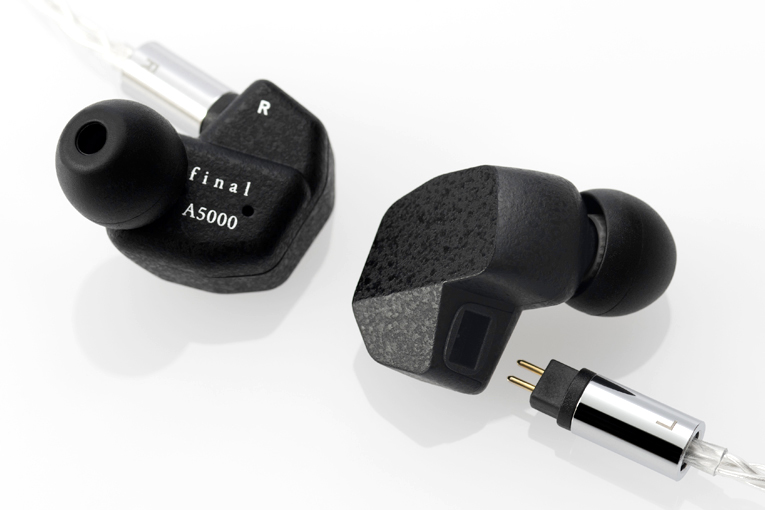
Inside each earbud is a 6mm dynamic driver, designed in-house by Final. A smooth, braided, removable cable gives them a bit of a luxe feel, which isn’t bad considering their list price of $279 (all prices USD). There’s a lot of competition in that price range, though, so they’ll need to stand out to be a worthy option.
In the box
For reasonably priced in-ear monitors, you get a nice assortment of accessories. There are five pairs of silicone eartips in their own little box. They range from XS to XL, though those extremes are only marginally smaller or larger than what you’d find in a typical “small” or “large” eartip. Regardless, I’m always a big fan of more options.
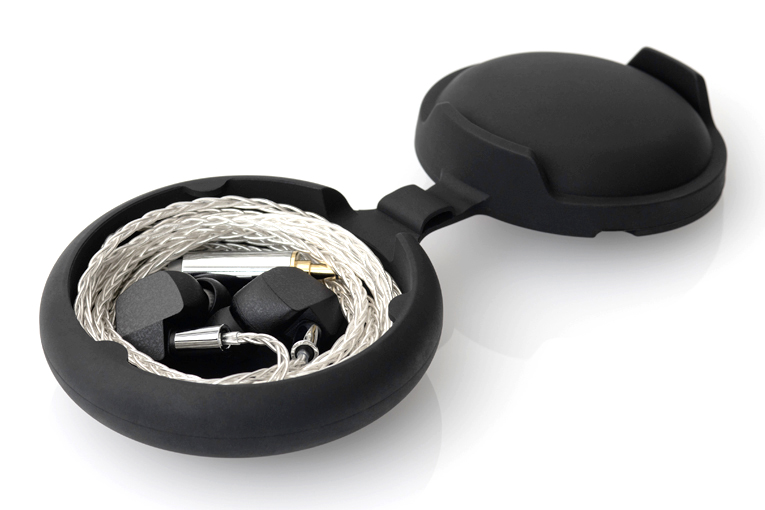
The hockey-puck-sized silicone case has an interesting design, with the bottom and top having the same convex shape (imagine two Cs fitting together instead of the more flat-topped box shape), which should keep the earbuds from moving around too much inside. Lastly, there are silicone cable guides to assist in holding the cables in place as you route them over your ears.
Use
I got a great seal with the small ear tips, which looked close in size to what many brands call medium. The A5000s are extremely light, and their design fit well in my conchae. The soft, braided cable also felt great against my skin. So, overall, these are extremely comfortable earphones.
Sound
The A5000s have a bright, energetic sound, with a touch of bass so they don’t sound too unbalanced. They’re like an EQ with the treble at “+2.” That said, the treble is clean and not abrasive.
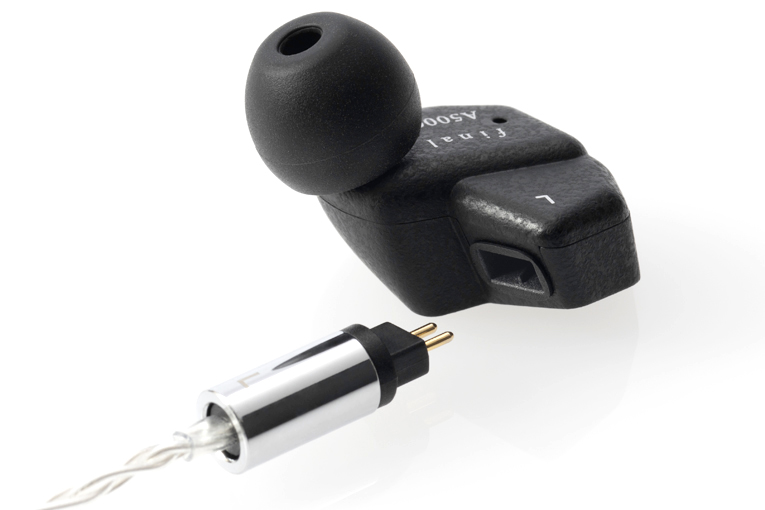
I started with “Life Isn’t Fair” by Smooth Hound Smith (Dog in a Manger, 16-bit/44.1kHz FLAC, Tone Tree Music / Qobuz). This acoustic folk/Americana track has a great blend of guitars, banjo, harmonica, and percussion. Through the A5000s, each strum and snap of the drums sounded crisp, without any bite. I’m usually not a fan of extra treble, but it was done well here, offering a bright sound without getting on my nerves. There was a touch of sibilance, but far less than you’d expect given the treble. The broad soundstage spread out well over my shoulders.
While subdued compared to the treble, there was enough bass so they weren’t mimicking a tweeter sitting on a pedestal in an empty room. “All I Need” from Air’s Moon Safari (24/192 FLAC, Parlophone Records / Qobuz), for example, had lots of (ahem) airiness in the vocals and synths. The bass anchored the sound, and while well-controlled, it was never at risk of overwhelming the rest of the mix. The A5000s likely seem bassier than they really are, since there isn’t much leading up to it. The A5000 earphones’ midrange, especially the lower midrange, definitely took a back seat to the treble. Then at the very low end, a smattering of bass.
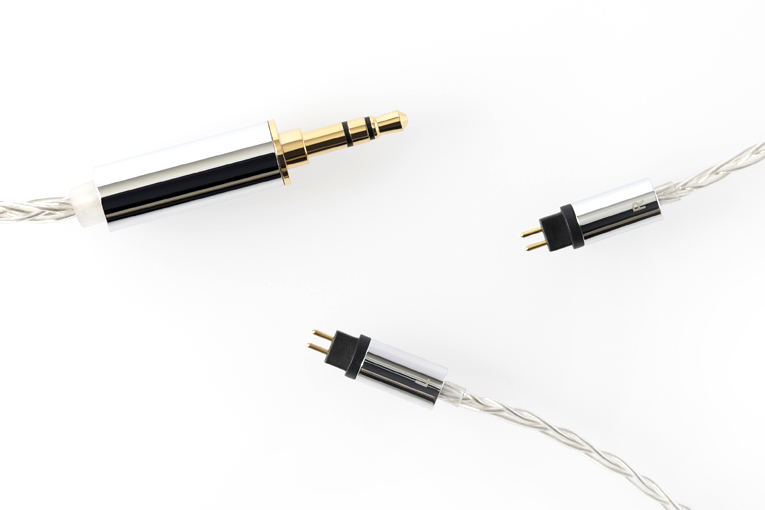
Cunningham Bird is a collaboration between Andrew Bird and Madison Cunningham (24/96 FLAC, Loma Vista Recordings / Qobuz), and it sounds exactly as you’d expect such a collaboration would, with elaborate, overlapping acoustic instruments and vocal harmonies. The A5000s brought out all the plucks and strums of the guitars, and they let Cunningham’s voice shine. Bird’s voice had a touch of sibilance and was set back in the mix.
Some earphones are described as having a “V” sound, with lots of bass and treble but no midrange. That’s not the case with the A5000s. It’s more of a flattened checkmark. There’s more bass than mids, but more treble than both. The sound isn’t lopsided, just “treble-friendly,” if you will.
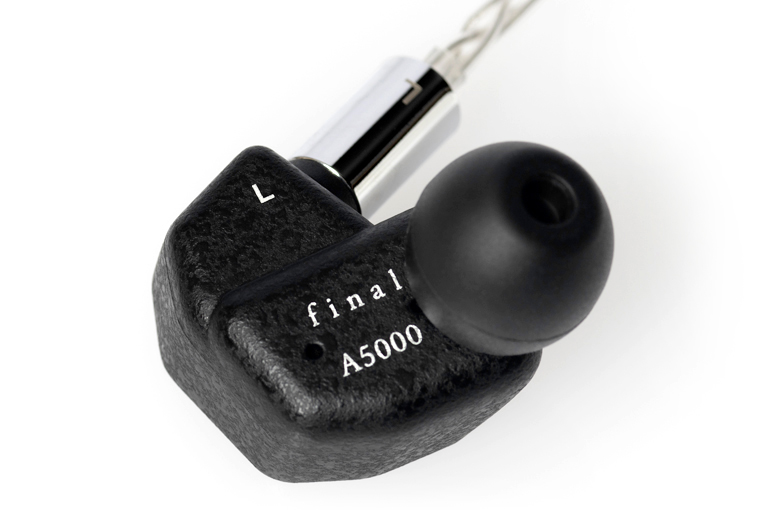
The A5000s aren’t difficult to drive, but not particularly easy either. I was able to get plenty of volume when using the meekly powered Sony NW-A306, but it wasn’t exactly ear-splitting. A cheap headphone dongle for your phone likely has enough power for them, but something with a bit more oomph wouldn’t be a terrible idea.
Comparison
I compared the A5000s to the Sivga Nightingale and the Westone Audio Pro X10 earphones. Both are a bit under the A5000s’ list price, but they’re in the ballpark.
The Pro X10s are a quirky little pair of earphones, as evidenced by Yes’s “Roundabout” (Fragile, 24/96 FLAC, Rhino / Qobuz). The X10s are almost the opposite of the A5000s, with tons of midrange. Jon Anderson’s voice came through strongly on the Westones, as did the electric guitars. The sound fell off at either end, with more limited treble and bass. The acoustic guitars had a warm, full sound, though. It was more like listening to this track on a speaker from the 1970s. The A5000s were more balanced, but the drop in mids was wild. Now the focus was on cymbals, along with the higher guitar notes and strums. The guitars had less growl, but the bass had far better low notes. Some instruments through the X10s sounded better, but the A5000s did better overall.
While I didn’t love the Sivgas, I figured their planar-magnetic drivers might be an interesting comparison against the A5000s’ more traditional dynamic drivers. To potentially play to both their strengths, I cued up some modern classical (is that an oxymoron?): “Movement IV” from Philip Glass’s New Seasons, with Gidon Kremer conducting the Kremerata Baltica (24/192 FLAC, Deutsche Grammophon / Qobuz). This intense song features some impressive violin work by Kremer. Through the A5000s, Kremer’s violin sounded bright without the unpleasant edge possible with some bright earphones. The other strings took a back seat, likely more than intended. The Sivgas, which are also pretty bright, offered some strengths over the A5000s, like more immediacy to the transients and more delicacy to the synthesized harpsichords. Overall, though, the Sivgas’ treble just wasn’t as pleasant to listen to. It had the previously-mentioned edge that the A5000s mostly lack. As such, I found myself reaching to turn down the volume on the Sivgas. There are aspects I like about them, but I’d reach for the A5000s between the two for sure.
Conclusion
The A5000 earphones have a far brighter sound than I typically choose for my personal listening. However, as far as extra treble goes, the A5000s do a great job. It’s not annoying, which I often find to be the case with brighter earphones/headphones. I can see a lot of people liking the extra sparkle, especially if they usually listen to music that would benefit from such a boost.
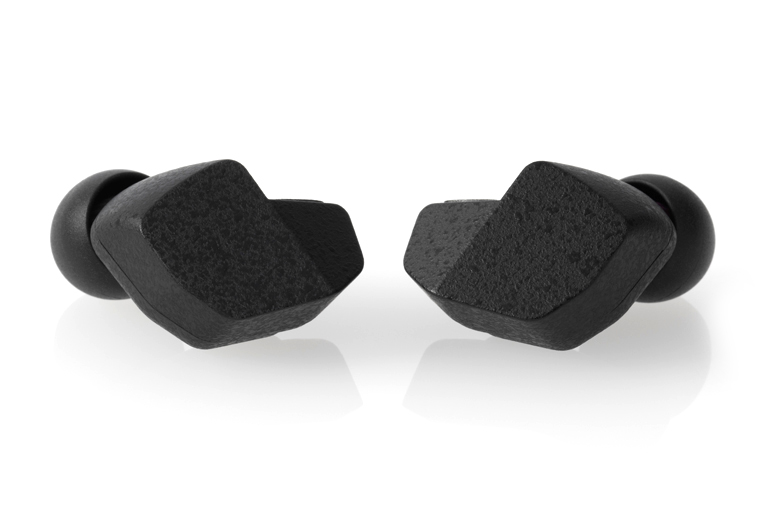
The price raises questions, however. The sound of the A5000s is perhaps a bit too niche given their list price of $279. These lack the neutrality that audiophiles typically desire. They lack the bass bump that many mainstream enthusiasts might enjoy. It’s not that they don’t justify their price—they sound good, it’s just that the $300 range is extremely competitive. They don’t offer enough of a sound-quality boost to offset their wired nature, for instance.
If you can find them for under $250, which shouldn’t be too hard, and you’re looking for some lively wired earbuds, the A5000s are an extremely comfortable option.
. . . Geoffrey Morrison
Associated Equipment
- Smartphone: Google Pixel 7
- PC: iBuyPower Windows 10
- DAC/headphone amplifiers: Schiit Audio Magni, HiFiMan EF400
- Portable media player: Sony NW-A306
Final A5000 earphones
Price: $279
Warranty: One year
Final
S’Next Inc.
4-44-1 Nakasaiwaicho, Saiwai-ku,
Kawasaki-shi, Kanagawa 212-0012
Japan
Phone: +81 44-789-5795
Website: snext-final.com




